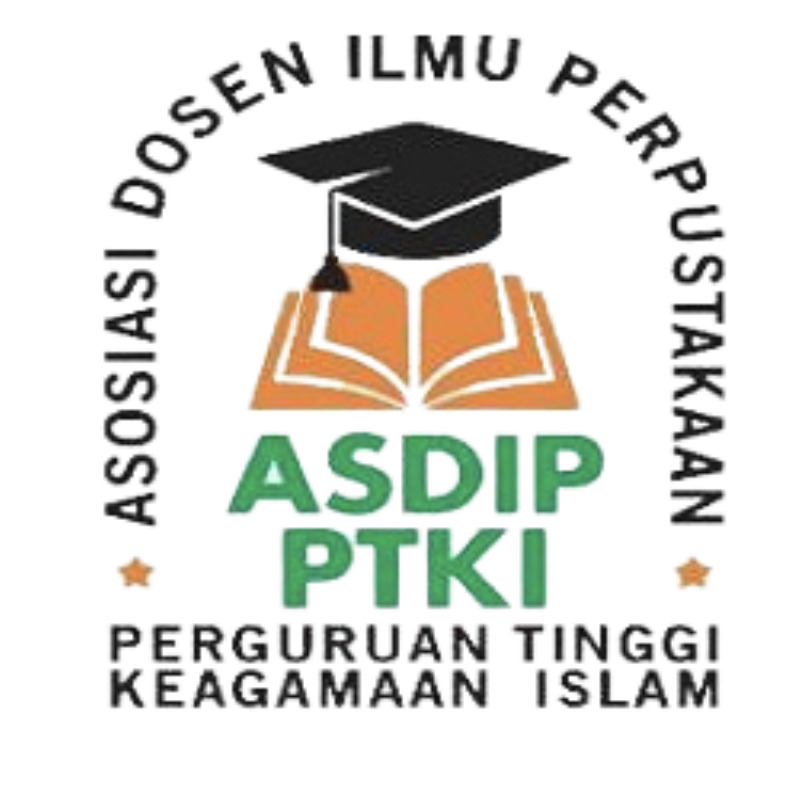Analisis Pengembangan Koleksi Perpustakaan Institut Teknologi Indonesia
DOI:
https://doi.org/10.29240/tik.v6i1.4258Keywords:
Collection Development, Community Analysis, Selection, Weeding, PolicyAbstract
The present study aims to investigate the process of collection development in the library of Institut Teknologi Indonesia. The researcher applies the six stages of collection development from Evans (2005) as the theoretical framework. The research method used in the study includes descritive analysis using the data, from interviews from its librarians, questionnaire and the additional observation to make the data more accurate. The result reveals that the library of Institut Teknologi Indonesia makes the most of community analysis, selection process, and the weeding process for the collection development activities. Yet, the library needs more efforts in making the policy and evaluation activity. Surprisingly, after comparing with other university libraries, it is found that those libraries do not have formal and systematic policies of collection development, and they also barely conduct the evaluation meetings after the collection development activity is completed. The contribution from the stakeholders and incumbents are needed to escalate the collection development in the library.
Downloads
References
Evans, G. E. (2005). Developing Library and Information Center Collection. New York: Library unlimited.
Kawet, J. A. (2015). Manfaat Pemilihan dalam Pengadaan Bahan Pustaka. Acta Diurna 4(5), 2.
Kohar, A. (2003). Teknik Penyusunan Kebijakan Pengembangan Koleksi Perpustakaan: Suatu Implementasi Studi Retrospektif. Jakarta: Media Pratama.
Permana, I. N. B., Ginting, R., & Kastawa, M. (2018). Pengembangan Koleksi di Perpustakaan Sastra Mangutama Dinas Kearsipan dan Perpustakaan Kabupaten Badung. Jurnal Ilmiah D3 Perpustakaan, 1(1).
https://ojs.unud.ac.id/index.php/d3perpus/article/view/40104
Mansyur, M. (2015) Manajemen perpustakaan sekolah. Jurnal Pustakaloka, 7(1), 43-54.
https://doi.org/10.21154/pustakaloka.v7i1.184
Nurjanah, Y. (2010, Januari 8). Perawatan dan Penyiangan Bahan Pustaka. Pengembangan koleksi modul 9. yuni-nurjanah.blog.undip.ac.id.
Nursetyaningsih, W. (2020). Pengembangan Koleksi Elektronik Perpustakaan Perguruan Tinggi di Era Digital: Sebuah Studi Pustaka. Acarya Pustaka: Jurnal Ilmiah Perpustakaan dan Informasi, 7(1), 1-14.
http://dx.doi.org/10.23887/ap.v7i1.22613.
Oktavia, I. W. (2019). Analisis Pengembangan Koleksi Perpustakaan Perguruan Tinggi (Studi Komparasi). Jurnal Pustaka Ilmiah, 5(1), 825. DOI: 10.20961/jpi.v5i1.33966.
Perpustakaan Nasional RI. (2015). Standar nasional perpustakaan perguruan tinggi. Jakarta: Perpustakaan Nasional RI.
Sutarno N. S. (2006). Perpustakaan dan Masyarakat, Yogyakarta: Sagung Seto.
Yulia, Y., & Sujana, J. G. (2009). Pengembangan Koleksi. Jakarta: Universitas Terbuka.
Weber, M. & Fatley, R. (2013). Librarians and Mandatory Academic Advising at a Mid-sized Public University: A Case Study. The Journal of Academic Librarianship, 6.
Winoto, Y., Rohanda., & Sinaga, D. (2019). Dasar-Dasar Pengembangan Koleksi. Kebumen: Intishar Publishing
Downloads
Published
Issue
Section
Citation Check
License
Authors who publish with Tik Ilmeu : Jurnal Ilmu Perpustakaan dan Informasi agree to the following terms:
- Authors retain copyright and grant the journal right of first publication with the work simultaneously licensed under a Creative Commons Attribution-NonCommercial-ShareAlike 4.0 International License (CC BY-NC-SA 4.0) that allows others to share the work with an acknowledgment of the work's authorship and initial publication in this journal.
- Authors are able to enter into separate, additional contractual arrangements for the non-exclusive distribution of the journal's published version of the work (e.g., post it to an institutional repository or publish it in a book), with an acknowledgment of its initial publication in this journal.
- Authors are permitted and encouraged to post their work online (e.g., in institutional repositories or on their website) prior to and during the submission process, as it can lead to productive exchanges, as well as earlier and greater citation of published work (See The Effect of Open Access).







 This work is licensed under a
This work is licensed under a 